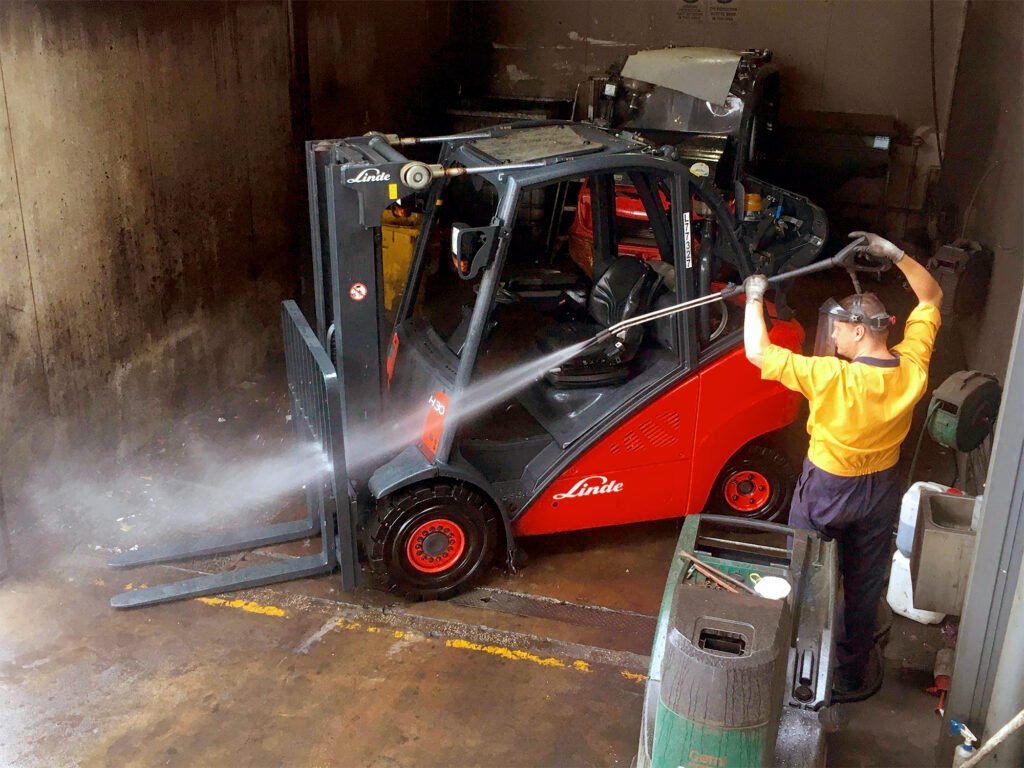Cleanliness in Forklift Maintenance: Elevating Efficiency
In the world of material handling, forklifts are indispensable for ensuring smooth and efficient warehouse operations. However, to keep these essential machines running at their best, regular forklift maintenance plays a crucial role. Proper maintenance not only enhances workplace safety but also boosts operational efficiency, ensuring forklifts remain in top shape for daily use. Among […]
Cleanliness in Forklift Maintenance: Elevating Efficiency Read More »

